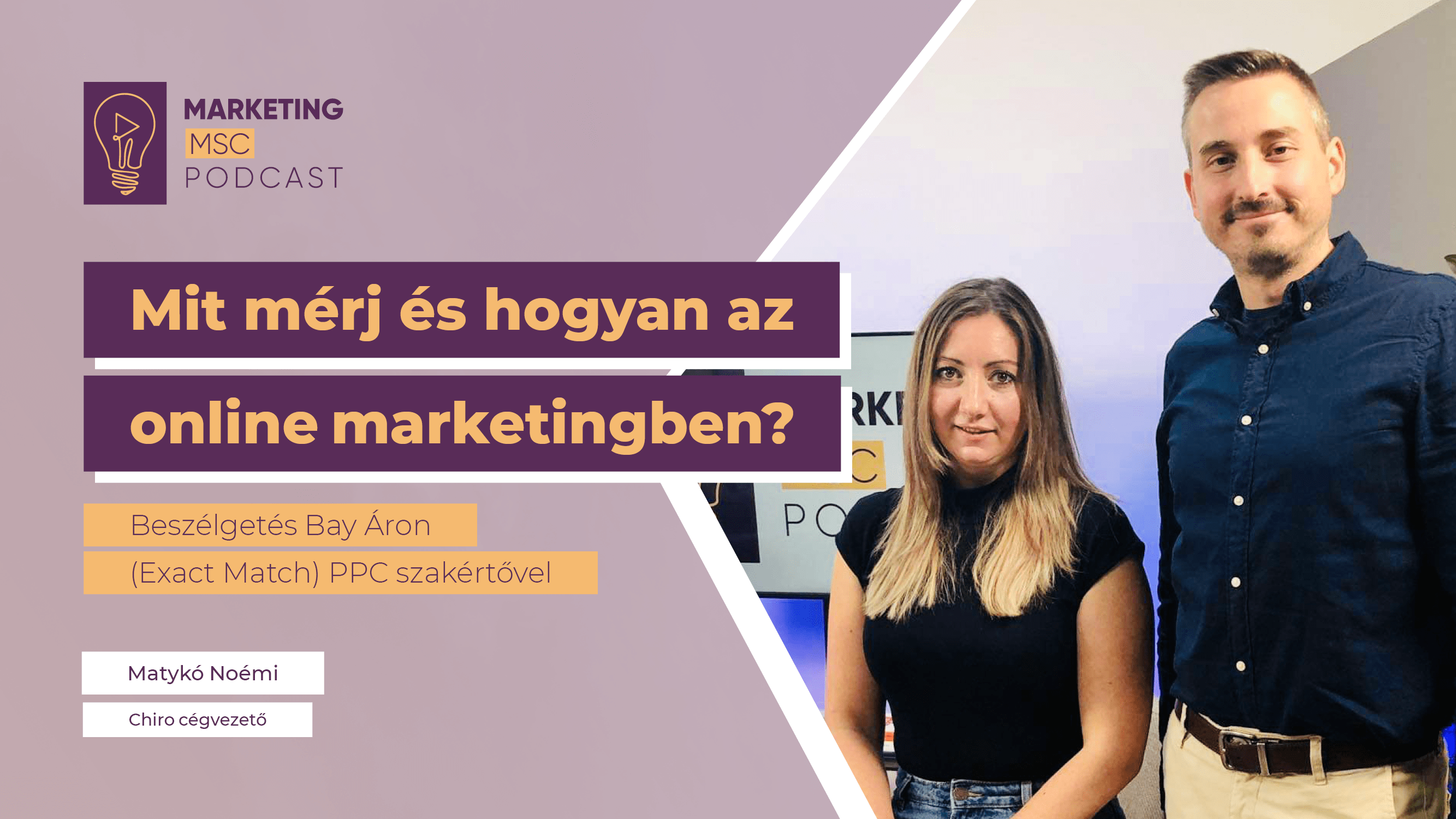Everyone can write a blog. Blogging is easy. Who writes blogs these days? Why would you want to blog in 2020? You’ve heard these phrases before, right? But the truth is that a well-written, informative blog will do more for your brand than you think! In this blog article (yes, a blog about blogging), we’ll help you make sure your posts are the best for your business – whether you write them or an online marketing agency does.
Here’s a point-by-point look at why you should write a blog if you haven’t already. How to get started, what the format and content requirements are, and we’ll also give you some useful extra tips to help you stand out from the blogging crowd.

Why write a blog or sign up with an online marketing agency?
You’re a car mechanic, you probably don’t need a blog. You’re a beautician, you don’t need a blog. Or do you?
In a small town there are 3-4 car mechanics and in a big town there are 10-20. What would make you stand out among people who are looking online for a mechanic in your area? A relevant website and blog that gives you more information and makes you look like an expert in your field. If Joss has only one Facebook page, or none at all, he won’t be found by as many people, and certainly won’t be taken to him to have his car repaired, because it’s a trusted service. Be the academician of car mechanics and provide up-to-date and useful information on your blog!
Are you a beautician, but there are 4 other shops in your district that are also beauticians? What would make you stand out from the rest? For example, by sharing beauty tips and tricks on your weekly blog, or by reporting on new trends that are available in your shop. It’s no coincidence that blogging services are offered by most online marketing agencies: these texts will not only be appreciated by your customers, but also by Google, and with a well-prepared SEO setup, they will rank higher in the search results than other beauticians in your district.
Beyond the above, why is it worth writing a blog?
- It’s an online money-making machine: you can stand out with your expertise, so you can attract potential customers or run ads with your blog. You can also participate in affiliate partnerships, where you recommend other products or services on your site.
- You can build community: a well-written, well-maintained and sophisticated blog has community-building power. People will look forward to your content, comment and share your posts.
- You can generate valuable leads: subscribe your audience to your newsletter or start a discussion on an issue, and even gain information and database through your blog.
- It helps with search engine optimisation: the limits of your website can be easily extended if you also blog, as you can place your keywords in more content and optimise it effectively.
- Attracts visitors to your website: your blog post may be found before your product, and readers can become customers if you do a credible and thorough job on the blog.

Here are some facts!
60% of customers buy from a shop/webshop after reading a recommendation on a recommendation
on a blog.
Consumers research products and services online, read blogs and reviews before making a purchase decision, which greatly influences their final decision to buy a product. More than half of consumers have made a purchase after reading a post or review about a product online. This shows that blog has become an indispensable part of B2C, also B2B communication and content marketing.
Brands that blog or use a blog service from a marketing agency generate 67% more visitors than those that neglect blogging.
They share more content about themselves, provide insights into workshop secrets or offer expert advice to prospective or returning customers. The bottom line is that they add more value than their non-blogging counterparts, making them more valuable to customers. If a cosmetics webshop also tells you how to use a product and what its benefits are, you are more likely to buy from that site than from a counterpart that does not offer such advice.
Still not convinced of the importance of blogging?
If you have managed to break into a niche market with your product or service, you can more easily become a subject matter expert through your blog, as you will have less competition to compete with.

Almost 60% of marketing agencies reuse your content.
It is very time-consuming to create evergreen content, such as a blog. However, the work invested will pay off, as a post that has been created with due diligence and care can be reused up to 2-5 times.
Content marketing is 62% cheaper than traditional marketing, yet it costs three times as much three times as many visitors.
Content marketing, including blogs, is a perfect complement to traditional online marketing agency tools, but ultimately the goal is the same: to deliver the best value for money for the client and high profits. If you’ve made it this far, we’ve probably convinced you of the importance of a blog, so let’s get started!
How do we get started? – Setting up a blog
1. Choose a theme!
If you want to blog about your product or service, then the topic is a given. In Google Trends, you can keep track of what topics are currently running on the web, which is of interest to many people.
2. Choose a platform!
It is advisable to start a professional blog within your website, as the goal is to lead the reader to your product/service. In addition, from an SEO point of view, it’s also a good idea.
It’s best to start a blog on WordPress, as there are plenty of free templates to choose from, and many plugins to help you with things like search engine optimisation and measurement. It’s also easy to manage.

3. Install important plugins!
Your best friend is Yoast SEO, which helps you make your blog search engine friendly. It’s easy to learn, but it adds a lot to your blog and it’s free.
Also plug in Google Analytics 4 to measure everything that happens on your blog. For this, we recommend a plugin called MonsterInsight, which makes it easy to analyse all your traffic data.
If you want to include contact or other forms in a post, you can also install the WPForms plugin.
All of the above plugins are free, but they do a lot to improve your blog and measure conversions – and without them, it’s unthinkable to monitor the work of a marketing agency.
4. Format!
It’s very important that a post is broken down into detail. Lots of paragraphs, headings, subheadings are essential for a well SEO-able blog article. Do not use italics for highlighting, as dyslexics have trouble reading them. When choosing colours, always convert the blog to a greyscale to see if colourblind people will be able to read it. Pay attention to the link structure, always use unique links. Images should also be named and preferably use your own images.
Have a meta description on all your pages and posts, which is a short description of the content of your page in 160 characters max for the search engine. This is what Google will display on its results page, but luckily your online marketing agency will take care of all these important details.
It’s worth breaking up the text with bulleted lists, framed text or even short video content to make the article more accessible.
Highlight words to lead the reader’s eye.
According to research, 7 minutes is the ideal reading length, which is around 1700-2000 words, but with images, it can be around 980 words. However, there is no completely accurate research on the ideal article length.

Let the party begin! – Let’s write our first blog article!
Now that we’ve set up the basics of the blog, it’s time to write the first post. This is always the hardest part.
The so-called inverted pyramid rule is a good starting point for any article. According to this rule, you always start with the most important, strongest message, as you have about 8 seconds to grab the reader’s attention. It’s like making a personal first impression on a date or interview. You can decide immediately whether or not you like the person. Readers decide whether or not they are interested in a blog based on the first few sentences.
If you follow these general rules, you’ll be on your way to a successful blog.
1. Define your target audience.
It is important to know who the target audience of your product/service is. Let your blog speak to them. If you write for them, your content will be easier to target and your sales promotion will be more effective. Create Buyer Personas, i.e. ideal customers, so it will be easier for you to target your audience.
2. Publish regularly!
If you know in advance that you won’t have time to publish quality content at set intervals, either don’t start yet or outsource your blogging to an online marketing agency, as regularity is very important. It is very unprofessional if a customer goes to a website and the last time a blog post was published was in 2017.
3. Use attention-grabbing titles and don’t forget your keywords!
You don’t necessarily need to go for impact with every post, but it’s worth paying attention to the titles. Offer a solution to a problem, ask a question. An educational headline can also be useful, for example: How to be the best washing machine mechanic in your area? A listing title is also a good option, for example: 6 tips you can do for your PPC campaigns this summer.
It is very important to always decide in advance what keywords you are writing the article around, and keep this in mind throughout the writing process! If you want to know what terms or keywords users are searching for products or content similar to yours, Google’s keyword research tool can be useful for you.

4. Make unique content!
Nothing new under the sun. Chances are there have been similar posts on the same topic as what you’re about to write, but innovate, give the reader something extra! Make yourself look like the biggest expert on the topic. For example, if you are writing about a new robot machine, don’t just talk about its benefits, but compare it with competitors or show features that have not been demonstrated elsewhere.
5. Avoid jargon and tell a story!
Yes, we advised you to be the expert on what you are blogging about. But be aware that you don’t become the best by overloading your message with terms that readers don’t understand. You have to be professional in a way that everyone can understand.
Avoid using multiple compound sentences, and if you do need to use t echnical terms, always explain their meaning. This way you don’t leave your readers feeling left out.
If you’re not a professional copywriter, the KISS (keep-it-simple-stupid) principle can be a good place to start. Keep your sentences as concise and simple as possible, leaving out any unnecessary jargon.
Storytelling is a very good way to tell your story in a clear and understandable way. You must have experienced many things in your profession that you can tell a good story about to your readers. This way they feel involved and understand your message more easily.

6. Don’t want to sell at any cost!
The goal of the blog in the long run is really to sell, but don’t make every post about that. Solve a problem, introduce a new process, report on a conference or give your customers new information. This will keep them engaged and they’ll come back to read about your service again when you bring it to their attention.
7. Feel free to make mistakes!
You don’t have to make yourself look perfect. Feel free to tell a story about a time when you made a mistake or messed up. Tell readers how you got out of it. That way you can make them feel that you are just like them. No one is perfect, everyone makes mistakes, but the real winner is the one who learns from his mistakes.
8. Use CTA!
If you want to gain newsletter subscribers with your blog or entice them back at other times, you should use some kind of CTA (call-to-action). Offer a free ebook, a discount for your event or a sample product. You can also engage the reader with you.
9. As with all marketing agency tasks, keep measuring the results!
One of the biggest mistakes you can make is not accurately measuring results and not knowing how your blog is converting. Right from the start, set precise goals and metrics against which you will measure all your content.
Plug in Google Analytics 4 and measure sessions, page views, unique visitors and bounce rate.
If you’ve produced standout content by the numbers, analyse the reasons deeper and try to replicate that performance as much as possible. If one of your posts is performing very poorly, the reasons for that can easily be gleaned from these metrics, so you can avoid making such mistakes another time.

10. Give time to the blog!
You can’t make a highly successful blog overnight. It takes a lot of testing, debugging and refinement to learn what works for you and your business, and what interests your potential customers.
For sure, not all settings and keywords will work at first. These all take time to work themselves out. And if your site doesn’t bring the expected readership and conversions for a long period of time, you may want to rethink your segmentation and put more effort into search engine optimisation – there is a place in marketing agency practice for occasional re-designs of blogs and websites in general.
11. Social media is important!
When you plug in Google Analytics and the other plug-ins, don’t forget Facebook Pixel, so you can use your blog for remarketing campaigns.
Always share your blog on Facebook, LinkedIn, as it’s free and it’s easy to reach your target audience. However, if you want to go beyond that, it’s also worth promoting your blog in the form of paid ads on both Facebook and Google Ads.
Remember, in the long run, your goal is not to promote your blog, but to sell it, so it’s worth spending money on!
12. Connect with your readers!
It’s not enough to send your blog post out into the world, there’s a good chance you’ll get reactions and comments from your readers. Always respond to them! Have a blog where you can comment under your posts. Generate conversations, debates, the main thing is to be talked about, be in the public eye!
If you get comments on your blog on Facebook, LinkedIn, by all means respond to your readers.

+ 1. Free access
But if you want to make the most of free access, use these: newsletter:
- send out your posts in a newsletter to your subscribers sign up
- to blogger sites share your
- article in relevant Facebook groups Make
- SEO a priority
- build links consciously
- affiliate marketing: mention other relevant sites in your articles.
As difficult as it is to release your own intellectual product to the world, you are creating value, giving more to the world. If you’re already an expert on a subject, why keep the knowledge to yourself when you can help others with it? Why not take advantage of content marketing when you can stay ahead of your competitors?
If you’re determined and want professional online marketing agency help to get your blog off the ground, we at the Chiro team can help you, contact us with
confidence!
Sources:
https://www.blogtyrant.com/start-a-new-blog/
https://writerswrite.co.za/everything-you-need-to-know-about-blogging/
https://writerswrite.co.za/27-blogging-tips-to-grow-your-business/
https://medium.com/data-lab/the-optimal-post-is-7-minutes-74b9f41509b
https://www.smashingmagazine.com/2009/08/10-harsh-truths-about-corporate-blogging/
https://www.i-scoop.eu/content-marketing/corporate-blogging-business-blogging/
https://www.i-scoop.eu/using-storytelling-strengthen-brand/
https://www.interaction-design.org/literature/article/kiss-keep-it-simple-stupid-a-design-principle
https://yoast.com/inverted-pyramid/
https://www.ryrob.com/blogging-statistics/
https://www.impactbnd.com/blog/blogging-statistics-to-boost-your-strategy
https://neilpatel.com/blog/38-content-marketing-stats-that-every-marketer-needs-to-know/
https://www.rebootonline.com/content-marketing-statistics/




